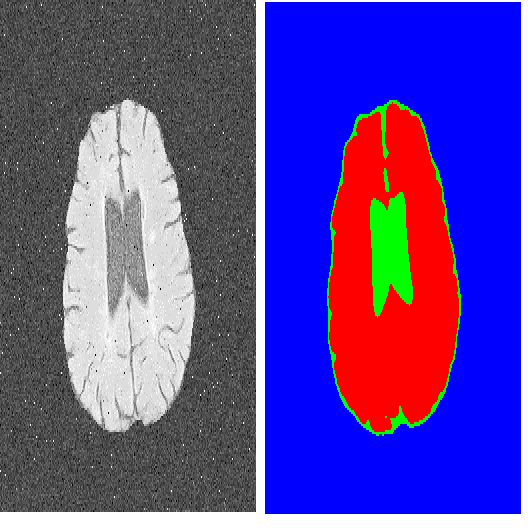Federated learning (FL) has emerged as a promising paradigm for training segmentation models on decentralized medical data, owing to its privacy-preserving property. However, existing research overlooks the prevalent annotation noise encountered in real-world medical datasets, which limits the performance ceilings of FL. In this paper, we, for the first time, identify and tackle this problem. For problem formulation, we propose a contour evolution for modeling non-independent and identically distributed (Non-IID) noise across pixels within each client and then extend it to the case of multi-source data to form a heterogeneous noise model (\textit{i.e.}, Non-IID annotation noise across clients). For robust learning from annotations with such two-level Non-IID noise, we emphasize the importance of data quality in model aggregation, allowing high-quality clients to have a greater impact on FL. To achieve this, we propose \textbf{Fed}erated learning with \textbf{A}nnotation qu\textbf{A}lity-aware \textbf{A}ggregat\textbf{I}on, named \textbf{FedA$^3$I}, by introducing a quality factor based on client-wise noise estimation. Specifically, noise estimation at each client is accomplished through the Gaussian mixture model and then incorporated into model aggregation in a layer-wise manner to up-weight high-quality clients. Extensive experiments on two real-world medical image segmentation datasets demonstrate the superior performance of FedA$^3$I against the state-of-the-art approaches in dealing with cross-client annotation noise. The code is available at \color{blue}{https://github.com/wnn2000/FedAAAI}.
翻译:暂无翻译



